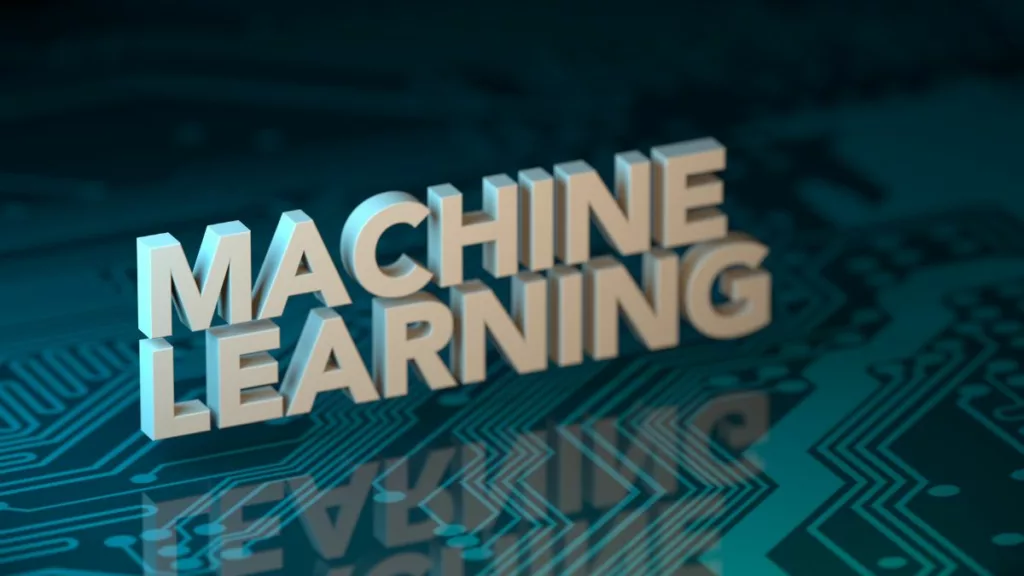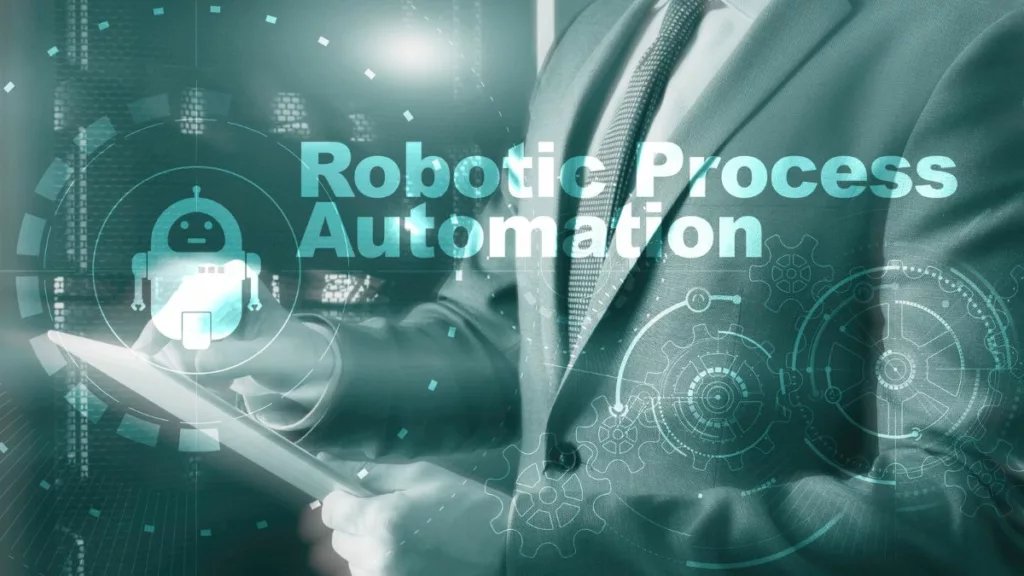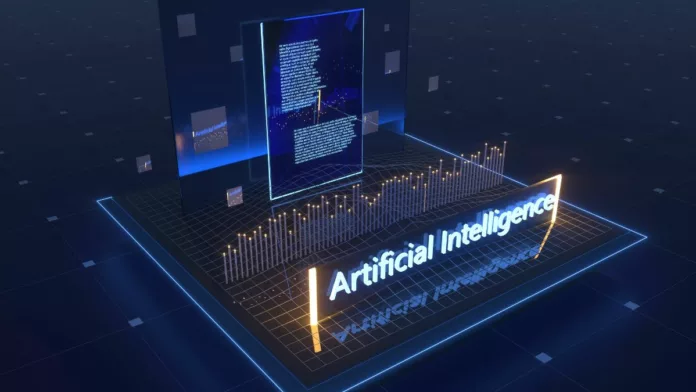Artificial intelligence (AI) is a rapidly growing field of computer science that involves the development and use of computer systems to perform tasks that typically require human intelligence. AI is being used increasingly in a variety of industries, from healthcare to finance, to provide services more quickly and efficiently. In the next few years, AI is expected to have a significant impact on many aspects of our lives. In this blog post, we will explore the trends in artificial intelligence 2023, including AI in business, healthcare, education, government, and robotics.
Table of Contents
Introduction to Artificial Intelligence
The term “artificial intelligence” was first coined in 1955 by computer scientist John McCarthy. Since then, AI has become an increasingly important field of study in computer science, with the goal of creating computer systems that can “think” and make decisions like humans. AI is divided into two main categories: weak AI, which is designed to solve specific problems, and strong AI, which is designed to replicate or exceed human intelligence. In recent years, AI has become an increasingly important area of research and development, with many applications in a variety of industries.
Overview of AI-related Technologies
In order to understand the trends in artificial intelligence for 2023, it is important to have an overview of the various technologies that are related to AI. These technologies include machine learning, natural language processing, computer vision, and robotics.

Machine learning is a type of artificial intelligence that enables computers to learn from data and make decisions without explicit programming. Natural language processing (NLP) is a branch of AI that focuses on understanding language and extracting meaning from text. Computer vision is the technology that enables computers to recognize and classify objects, such as faces and images. Robotics is the use of computers and robots to perform tasks that would normally require human labor.
Artificial Intelligence Trends in 2023
As AI continues to advance, it is expected that AI will become increasingly pervasive in our lives. Here are some of the trends that are expected to shape the AI landscape in 2023:
- Increased Automation: AI will become increasingly capable of automating tasks that would normally require human labor, such as data entry and customer service. This will lead to increased efficiency and cost savings in many industries.
- Increased Use of AI in Business: AI-powered tools will become more common in business, from customer service to financial analysis and product development.
- Increased Use of AI in Healthcare: AI will be increasingly used in healthcare, from drug discovery to diagnosis and treatment.
- Increased Use of AI in Education: AI-powered tools will be used to improve the educational experience, from personalized learning and tutoring to automated grading and feedback.
- Increased Use of AI in Government: AI will be increasingly used in government, from law enforcement to national security and policymaking.
- Increased Use of AI in Robotics: AI will be increasingly used in robotics, from manufacturing to agriculture and transportation.
- Increased Use of AI for Security and Privacy: AI will be increasingly used for security and privacy, from facial recognition systems to intelligent malware protection.
AI in Business
In the business world, AI is being increasingly used to automate tasks, improve decision-making, and increase efficiency. AI-powered tools can be used for a variety of tasks, from customer service to financial analysis and product development. AI-powered chatbots can be used to provide customer service, while AI-powered analysis tools can be used to analyze data and make better decisions. AI can also be used to automate processes, such as accounting and bookkeeping.
In addition, AI-powered tools can be used to improve customer experience. For example, AI-powered tools can be used to personalize the customer experience, providing customers with tailored recommendations and offers. AI can also be used to identify customer preferences and trends, allowing businesses to better target their customers.
AI in Healthcare
AI is becoming increasingly important in the healthcare industry, with applications ranging from drug discovery to diagnosis and treatment. AI-powered tools can be used to analyze large datasets and identify patterns and correlations, which can be used to develop new treatments and diagnostic tools. AI-powered robots can also be used for surgery and other medical procedures, providing increased accuracy and safety.
In addition, AI-powered tools can be used to reduce healthcare costs by improving efficiency and automating processes. AI can also be used to identify potential health risks and provide personalized treatment plans. AI-powered tools can also be used to improve patient experience, from providing personalized care to automating appointment scheduling.
AI in Education
AI is being increasingly used in education, from personalized learning and tutoring to automated grading and feedback. AI-powered tools can be used to provide personalized learning experiences, such as tailored courses and personalized feedback. AI can also be used to automate the grading process, allowing teachers to spend more time on teaching and less time on grading.
In addition, AI can be used to provide personalized recommendations and feedback, allowing students to get the most out of their learning experiences. AI-powered tools can also be used to identify areas of improvement, allowing teachers to better target their instruction. Finally, AI-powered tools can be used to analyze large datasets and identify trends in student performance, allowing teachers to tailor their instruction accordingly.
AI in Government
AI is being increasingly used in government, from law enforcement to national security and policymaking. AI-powered systems can be used to analyze large datasets and identify patterns and correlations, which can be used to inform policy decisions. AI can also be used to automate processes, such as tax filing and identity verification.
In addition, AI can be used to improve law enforcement and national security. AI-powered systems can be used to identify potential threats and respond quickly. AI-powered tools can also be used to analyze large datasets and identify trends in criminal activity, allowing law enforcement to better target their efforts.
AI and Robotics
AI is increasingly being used in robotics, from manufacturing to agriculture and transportation. AI-powered robots can be used to automate manufacturing processes, allowing companies to produce more with less labor. AI-powered robots can also be used in agriculture to automate farming processes, such as planting and harvesting.

In addition, AI-powered robots can be used to improve transportation, from autonomous vehicles to drones and robotic delivery systems. AI-powered robots can also be used to improve safety, from inspection bots to autonomous security systems. Finally, AI-powered robots can be used to improve customer service, from automated customer service agents to virtual assistants.
AI Security and Privacy
As AI continues to advance, it is important to consider the implications for security and privacy. AI-powered systems can be used to identify potential threats and respond quickly. AI can also be used to analyze large datasets and identify trends in criminal activity, allowing law enforcement to better target their efforts.
At the same time, AI-powered systems can be used to track and monitor individuals, raising serious privacy concerns. AI-powered facial recognition systems can be used to identify individuals, raising concerns about surveillance and privacy. AI-powered systems can also be used to analyze large datasets and identify patterns, raising concerns about data privacy.
Conclusion
In conclusion, AI is expected to have a significant impact on many aspects of our lives in the next few years. AI-powered tools are becoming increasingly common in a variety of industries, from healthcare to finance, to provide services more quickly and efficiently. AI is also being increasingly used in business, healthcare, education, government, and robotics. As AI advances, it is important to consider the implications for security and privacy, as well as the potential for increased automation.

